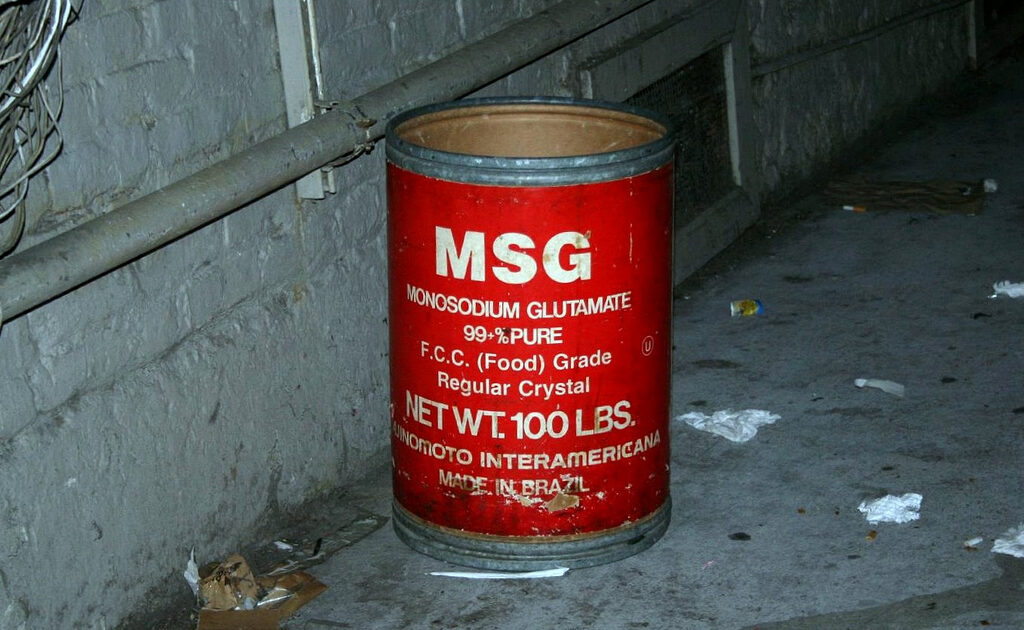No More Chinese Food: Monosodium Glutamate (MSG) ‘Critical Factor’ in Obesity

Monosodium glutamate, the flavor-enhacing food additive better known as MSG, has long been identified as an ingredient to avoid, even though it maintains GRAS status (generally recognized as safe) by the FDA. It’s been connected to migraines, tinnitus among other health concerns, and now it’s being implicated as a cause of obesity and other metabolic disorders.
According to recent research, MSG may be a ‘critical factor’ in the initial onset of metabolic syndrome and obesity.
The research, published in the recent Journal of Medicinal Food, found that MSG appeared to decrease metabolism rates, reports Food Navigator. Co-editor-in-chief of the journal, Sampath Parthasarathy said the research “may have far reaching implications.”
The study was led by Makoto Fujimoto of the University of Toyama in Japan. According to Fujimoto’s team, “MSG appears to be a critical factor in the initiation of obesity, whereas calorie intake may modulate the progression of the disease.”
Mice were fed MSG at birth and then split into two groups at 3 months: one was fed a restricted diet and one was allowed unrestricted feedings. Both groups were compared to a control group of mice who had not been fed MSG.
“The team found that by six months of age MSG mice on a restricted diet manifested the same degree of obesity, serum ALT, and liver histology changes compared to their unrestricted diet counterpart—and opposite of control mice on a restricted diet without MSG,” reports Food Navigator. “By 12 months, the MSG-fed mice had developed obesity with visceral fat deposition regardless of the dietary regimen.”
Find Jill on Twitter @jillettinger
Related on Organic Authority
Umami and MSG: Same Same, But Different
No More MSG: Homemade Chinese Shrimp and Broccoli Recipe, “Takeout Style”
6 Common Migraine Food Triggers to Avoid if You’re Migraine-Prone
Image: caffeinea

